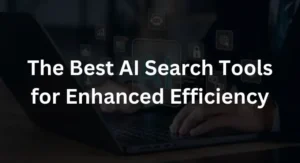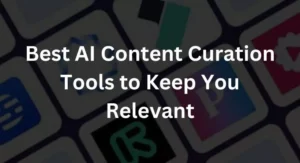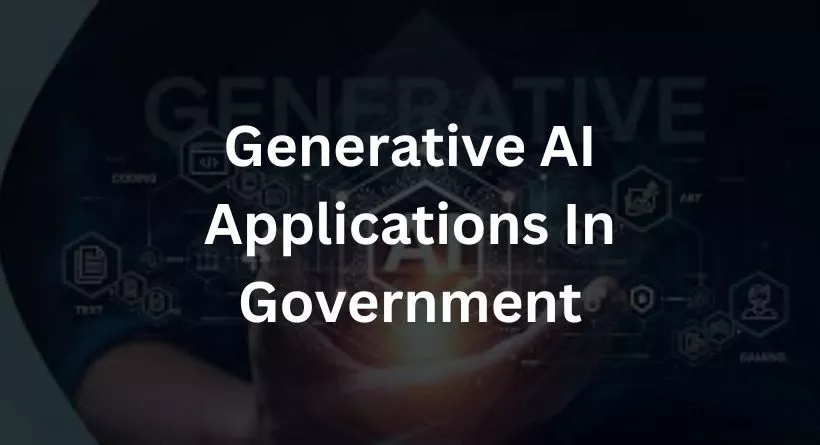
AI-Powered Governance: How Generative AI is Transforming Public Administration and Services
In today’s digital age, the expectations for efficient, transparent, and responsive governance have never been higher. Governments are embracing the power of Artificial Intelligence (AI) to meet these expectations and deliver better services to their citizens. Generative AI, a powerful form of AI that can create new data from existing data, is emerging as a valuable tool for transforming public administration and services. This article will explore the various ways in which generative AI is revolutionizing public administration and services, focusing on areas such as decision-making, resource allocation, public engagement, and service personalization.
The Role of Generative AI in Government
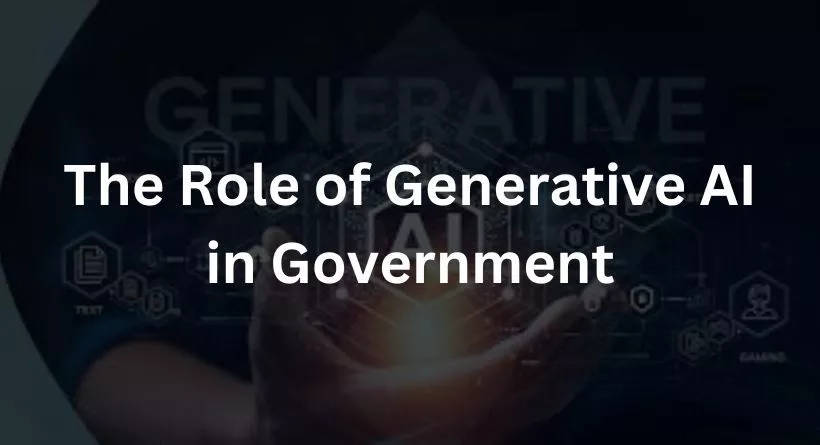
Governments exist to serve the people, and in today’s digital age, the public’s expectations for efficient, transparent, and responsive governance have never been higher. As the complexity of public administration grows, governments around the world are turning to artificial intelligence (AI) to help them meet these expectations and deliver better services to their citizens. Generative AI, a powerful form of AI capable of creating new data from existing data, is emerging as a particularly valuable tool for transforming public administration and services.
You may also like reading: Generative AI Applications in Manufacturing: Revolutionizing Smart Production
Benefits of Generative AI in Government
By embracing generative AI, governments can unlock new opportunities for efficiency, transparency, and innovation, ensuring they remain responsive to the needs of their citizens in an increasingly connected world.
1. Enhancing Decision-Making and Resource Allocation
One of the most significant applications of generative AI in public administration lies in its ability to enhance decision-making and resource allocation. Generative AI can analyze vast amounts of data, ranging from economic indicators and demographic trends to infrastructure usage and public health statistics. This enables governments to identify patterns, trends, and inefficiencies, allowing them to make more informed decisions about resource allocation and addressing pressing public needs. Generative AI can also be used to model and simulate various policy scenarios, helping policymakers understand the potential impact of their decisions and identify the most effective and cost-efficient strategies.
2. Streamlining Public Services and Reducing Bureaucracy
Generative AI has the potential to dramatically streamline public services and reduce bureaucracy, making it easier for citizens to access the information and support they need. AI-driven algorithms can automate routine tasks, such as processing forms, managing databases, and responding to routine inquiries, freeing up human resources to focus on more strategic and high-value activities. By leveraging generative AI, governments can improve the efficiency of their services, reduce wait times, and enhance overall citizen satisfaction.
3. Engaging and Empowering Citizens through AI-Driven Public Engagement
Generative AI can play a pivotal role in enhancing public engagement and empowering citizens to participate in the governance process. AI-driven algorithms can analyze vast amounts of public opinion data, such as social media posts, online forums, and survey responses, allowing governments to better understand the concerns, preferences, and needs of their citizens. By leveraging AI-generated insights, governments can develop more targeted and effective public engagement strategies, ensuring that the voices of their citizens are heard and taken into account in the decision-making process.
4. Personalizing Public Services through AI-Driven Analytics
Generative AI can also revolutionize the way governments deliver public services by enabling them to provide more personalized and tailored support to their citizens. By analyzing data on individual preferences, needs, and circumstances, AI-driven algorithms can generate personalized recommendations and support services, ensuring that citizens receive the assistance they need in a timely and efficient manner.
5. Enhancing Public Safety and Security through AI-Driven Solutions
Generative AI can also play a critical role in enhancing public safety and security by helping governments develop more effective strategies for crime prevention, disaster management, and national defense. By analyzing vast amounts of data, such as crime statistics, social media posts, and sensor data from public infrastructure, generative AI can identify patterns, trends, and potential threats, enabling governments to allocate resources more efficiently and respond more effectively to emerging challenges.
Ensuring Ethical AI Governance and Protecting Citizen Privacy
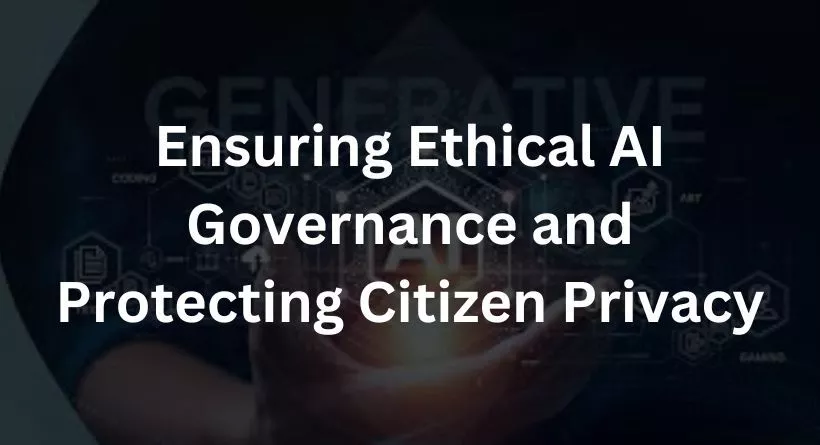
As governments around the world increasingly embrace generative AI, it is essential that they also develop robust frameworks for ethical AI governance and data privacy protection. This requires not only the adoption of AI-driven solutions but also the establishment of clear guidelines and regulations to ensure that the use of AI in public administration is transparent, accountable, and respects the rights and privacy of citizens.
Conclusion
In conclusion, generative AI holds the key to a future where governments can deliver smarter, more efficient, and personalized public services. By harnessing the power of generative AI, governments can enhance decision-making, streamline public services, engage and empower citizens, personalize public services, and enhance public safety and security. However, it is crucial to ensure ethical AI governance and protect citizen privacy as we embrace the potential of generative AI in public administration and services.
FAQs
1. What is generative AI, and how does it work in government?
Generative AI is a form of artificial intelligence that can create new data from existing data. In government, it is used to analyze data, make informed decisions, automate tasks, and enhance public engagement.
2. How can generative AI improve decision-making in government?
Generative AI can analyze vast amounts of data to identify patterns, trends, and inefficiencies, helping government officials make more informed decisions about resource allocation and policy scenarios.
3. What are the benefits of using generative AI in streamlining public services?
Generative AI can automate routine tasks, reduce bureaucracy, and improve the efficiency of public services, ultimately enhancing citizen satisfaction and government responsiveness.
4. How does generative AI protect citizen privacy while enhancing public safety and security?
Generative AI can help governments identify and respond to potential threats while respecting citizen privacy through robust ethical AI governance frameworks.
5. How can governments ensure the ethical use of generative AI in public administration?
Governments should establish clear guidelines and regulations to ensure transparency, accountability, and respect for citizen rights and privacy in the use of generative AI in public administration.
